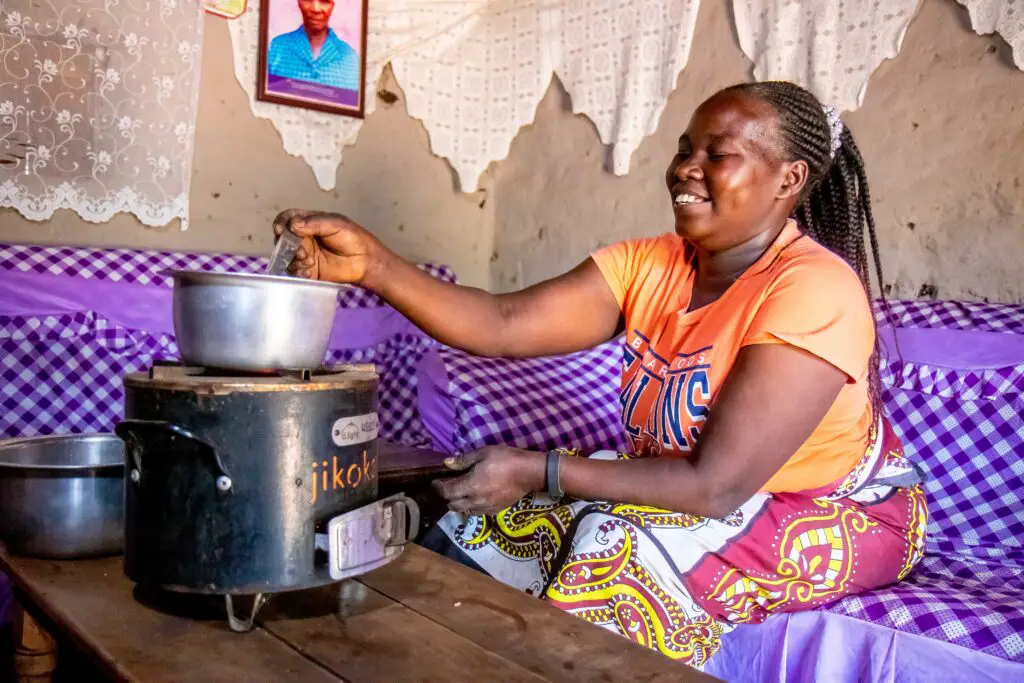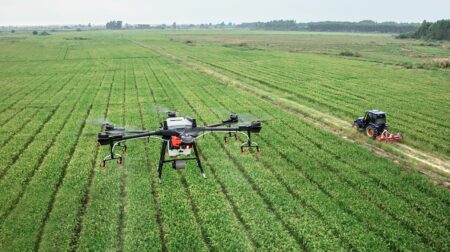Global verification body Verra certifies d.light’s clean cookstove projects in Kenya, Uganda and Nigeria. Initiative to distribute 600,000 clean cookstoves now verified by leading certifier as a trusted source of high-quality carbon credits. Launched in 2022, these projects have already positively impacted over one million…
Artificial intelligence in Africa can potentially propel the fintech industry into a new era of financial inclusion. AI tools can…
The key highlight of the AIM Congress 2024 is the Investment Awards, scheduled for the opening day, May 7th. These…
Kenya’s economic resurgence in 2024 proving a reality following a notable upturn in recent months, marked by positive indicators across…
Cairo, Egypt, holds third place after Athens and Manilla, Philippines. India stands out, with three cities being included in the world’s…
Remittance inflows for March grew to $407.8 million, up from $385.9 million…
Featured
International arrivals increased from 1.48 million in 2022 to 1.95 million as…
Industry & Trade
Artificial intelligence in Africa can potentially propel the fintech industry into a…
Countries
Kenya’s economic resurgence in 2024 proving a reality following a notable upturn in recent months, marked by positive indicators across sectors. According to CBK,…
Cairo, Egypt, holds third place after Athens and Manilla, Philippines. India stands out,…
The increasing food prices have majorly occasioned the rise in consumer expenditure. …
A total of 77 people, including 22 Chinese and a Cameroonian, all…
Regional Markets
East Africa’s economic growth is projected to grow at 5.3 and 5.8 per cent in 2024 and 2025-26, respectively. The…
Tech & Innovation
Ventures interested in applying for the Investment Showcase can submit applications here by 2nd May. To qualify, the ventures must be African, have at least one…
Editor's Picks
International arrivals increased from 1.48 million in 2022 to 1.95 million as…
Africa
Global verification body Verra certifies d.light’s clean cookstove projects in Kenya, Uganda…
Industry & trade
The key highlight of the AIM Congress 2024 is the Investment Awards,…
Money Deals
A key component of successful cryptocurrency investment is utilizing cryptocurrency exchanges effectively.…
Investing
Global verification body Verra certifies d.light’s clean cookstove projects in Kenya, Uganda…





































